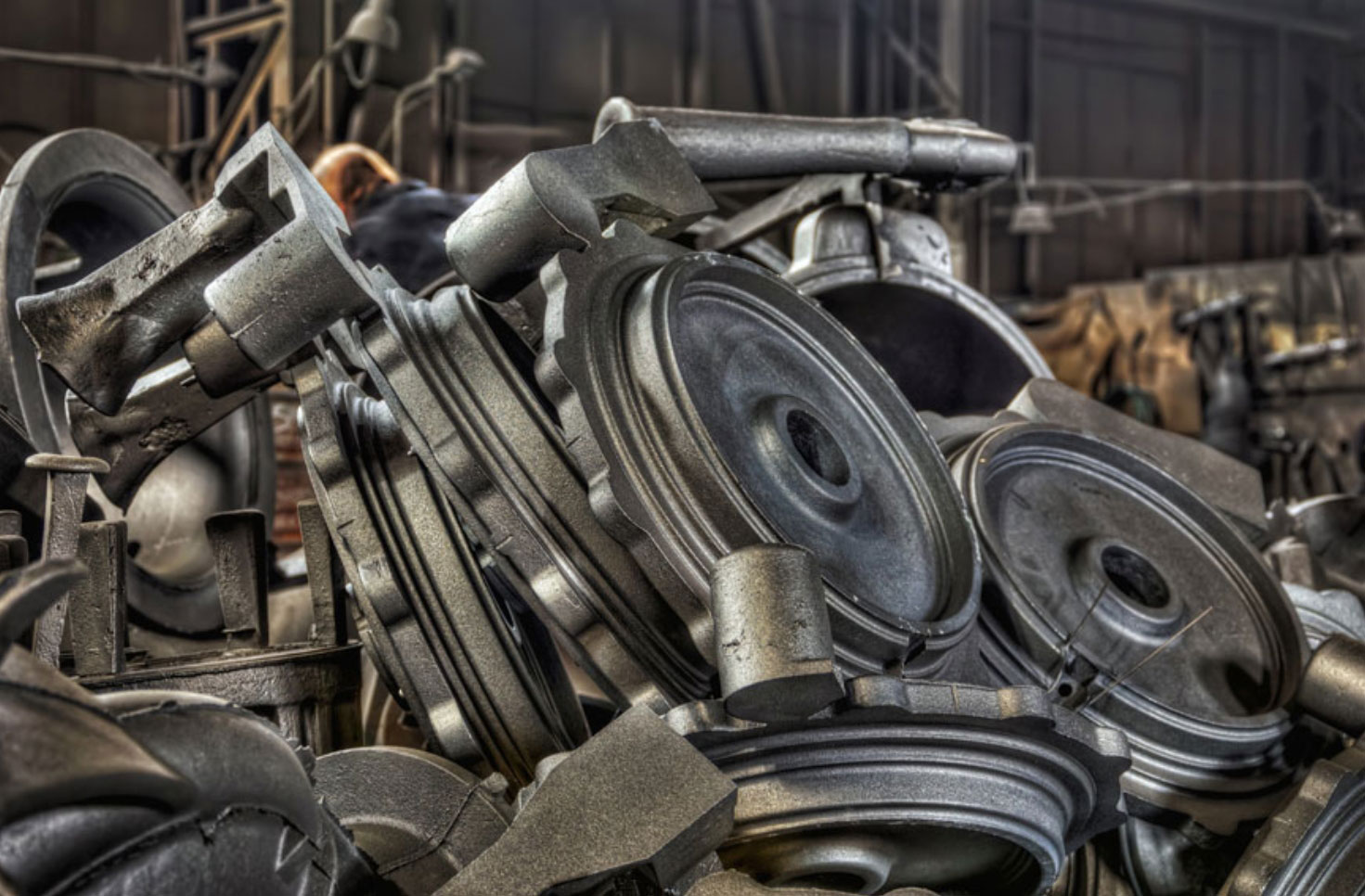Ductile iron casting process, also known as spheroidal graphite iron or nodular cast iron, is a versatile and widely used material in modern manufacturing due to its unique combination of strength, ductility, and cost-effectiveness. Here are some key aspects of its versatility in manufacturing:

- Mechanical Properties: Ductile iron casting process has superior strength and ductility compared to traditional cast iron. Its tensile and yield strengths are comparable to steel, but it maintains the machining properties of cast iron. This makes it an excellent choice for components that require high strength and toughness.
- Design Flexibility: The casting process allows for complex shapes and designs that would be challenging or expensive to achieve with other materials or processes. This flexibility in design is a huge advantage for custom and specialized parts.
- Cost-Effectiveness: Compared to steel, ductile iron casting process is generally more cost-effective, both in terms of material costs and the casting process. It also tends to have lower machining costs due to its machinability.
- Vibration Damping: Ductile iron casting process naturally has good vibration damping properties. This makes it a preferred material for parts that are subject to vibration or noise, like automotive components or machinery parts.
- Corrosion Resistance: While not as resistant as some materials, ductile iron casting process can be treated or alloyed to improve its resistance to corrosion and wear, making it suitable for various environmental conditions.
- Heat Treatment Compatibility: Ductile iron casting process responds well to heat treatments such as annealing, hardening, and tempering. This further enhances its mechanical properties and allows for a wider range of applications.
- Wide Range of Applications: It is used in numerous industries, including automotive (for engine blocks, gears, and suspension components), infrastructure (pipes and fittings for water and sewage systems), heavy machinery, agriculture, and more.
- Recyclability: Ductile iron casting process is recyclable, which is increasingly important in today’s manufacturing for both environmental and economic reasons.
In conclusion, the versatility of ductile iron casting process stems from its excellent mechanical properties, design flexibility, cost-effectiveness, and suitability for a wide range of applications. This makes it a highly valuable material in modern manufacturing, offering solutions that balance performance with cost.
